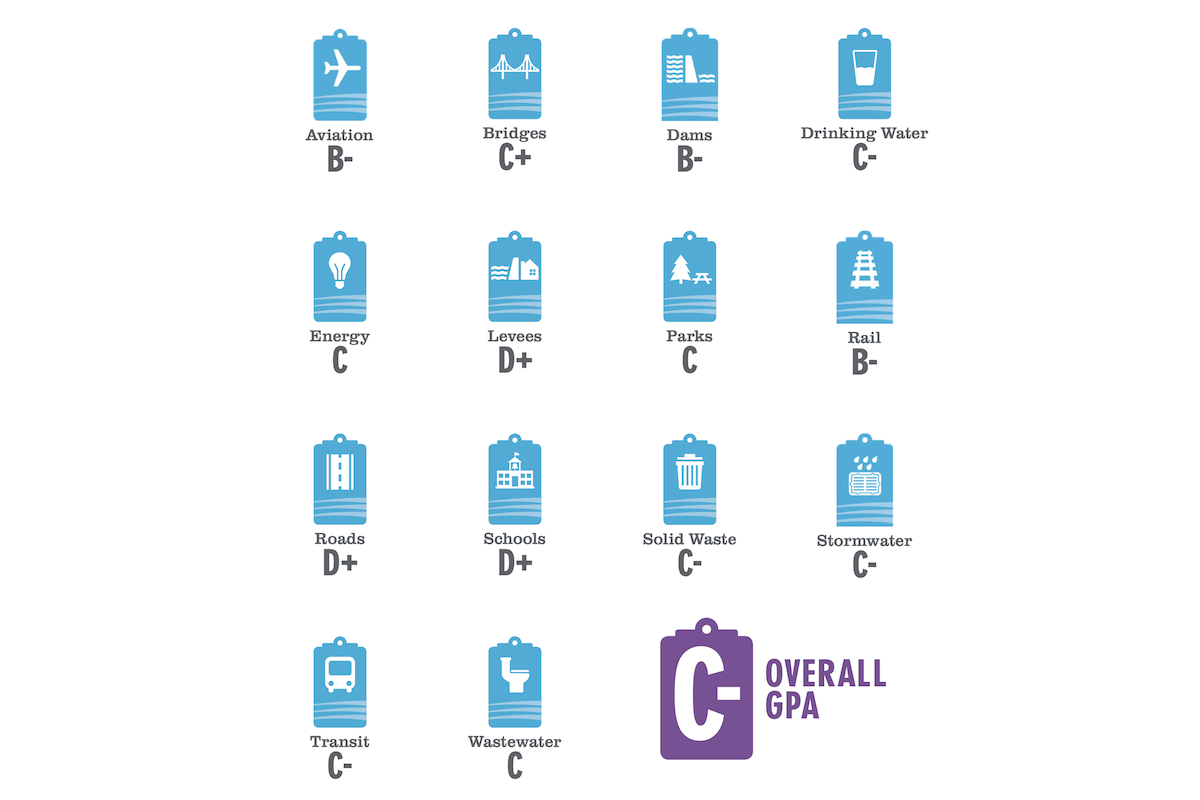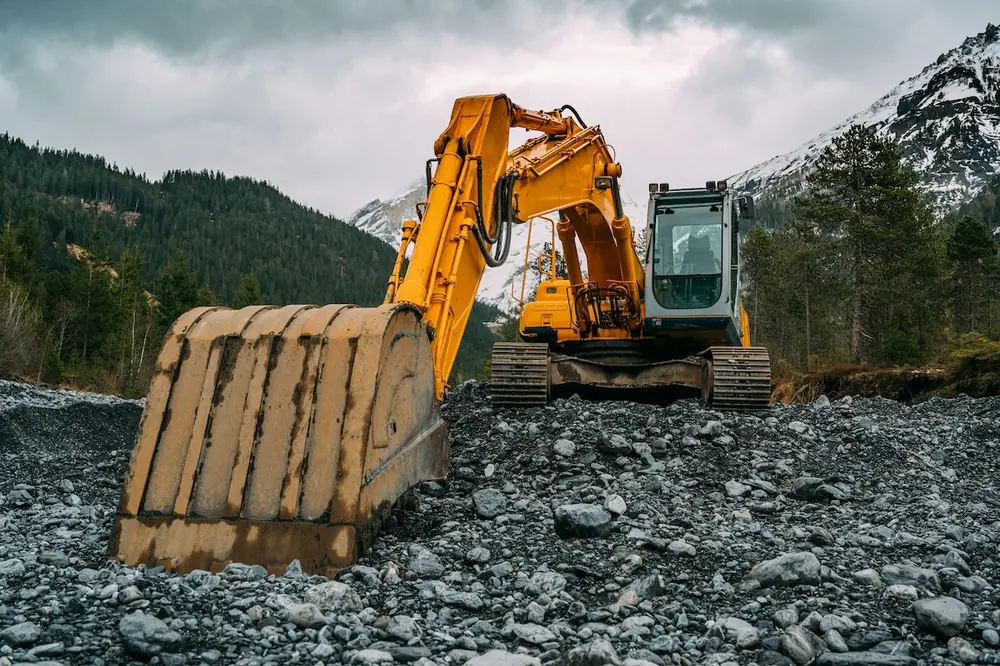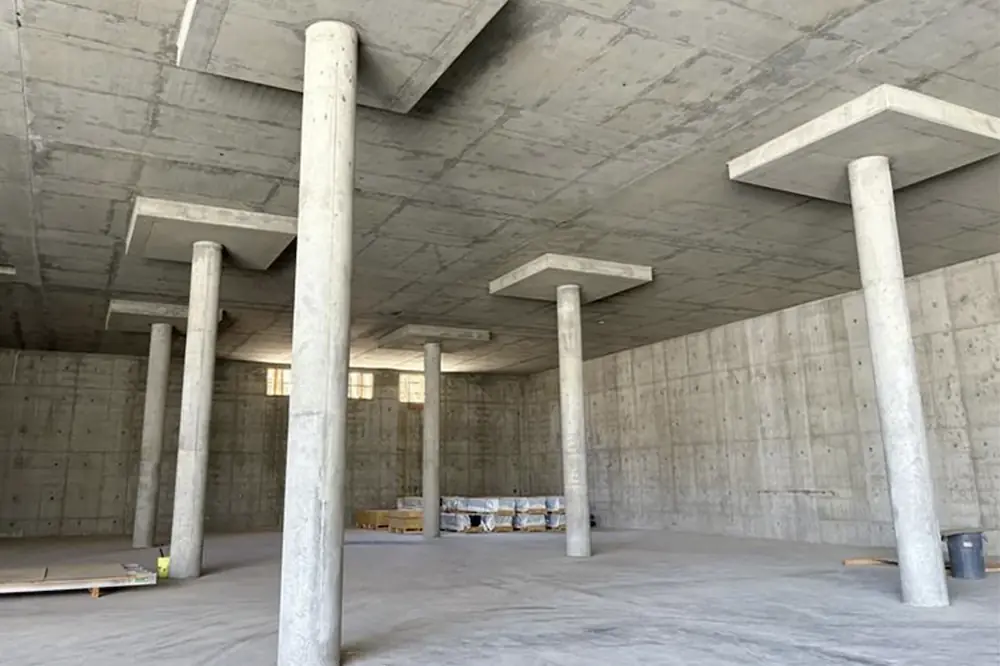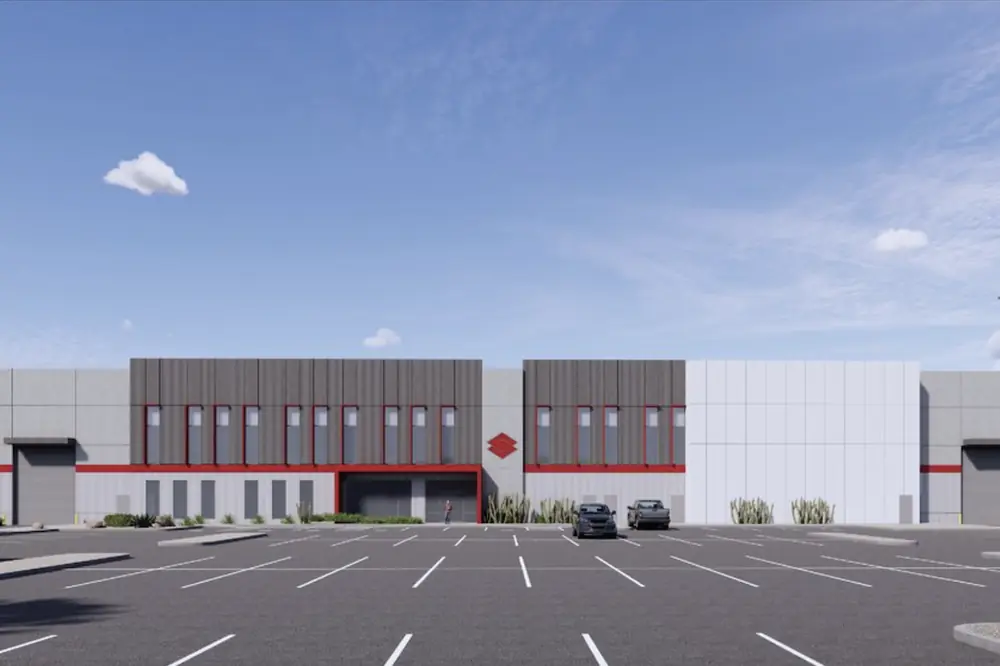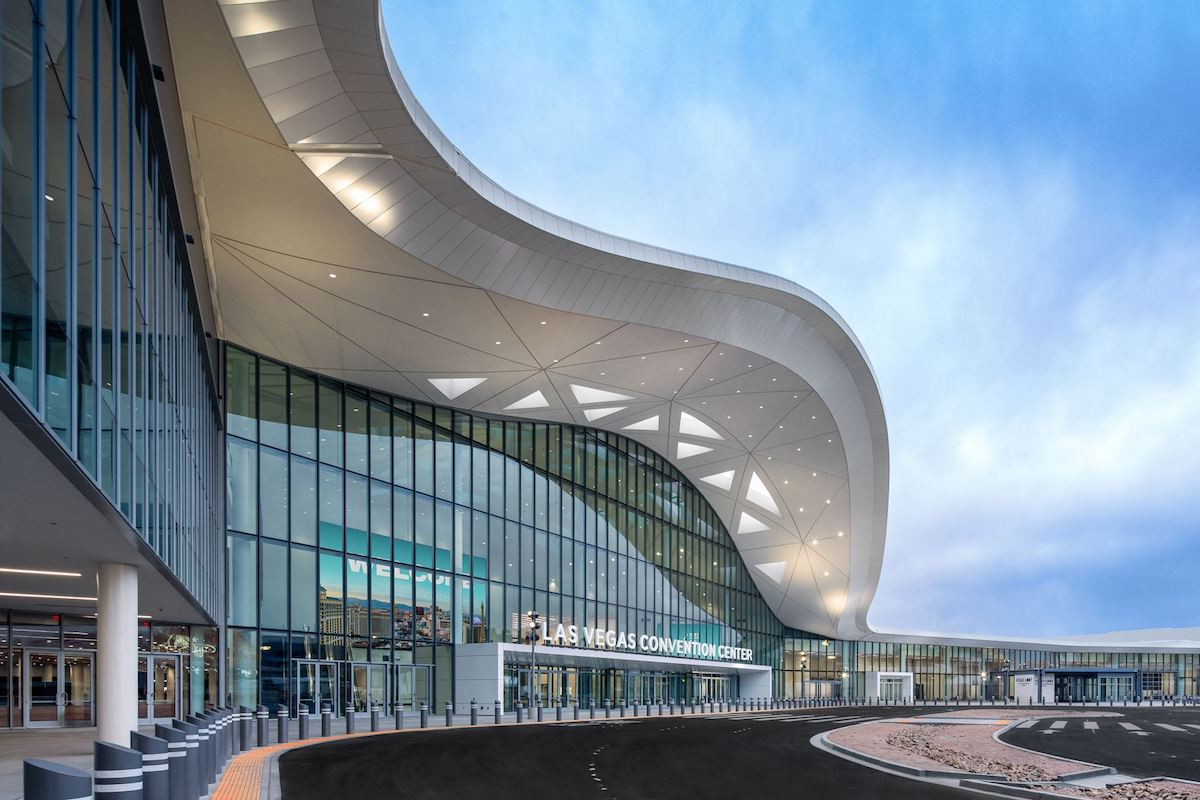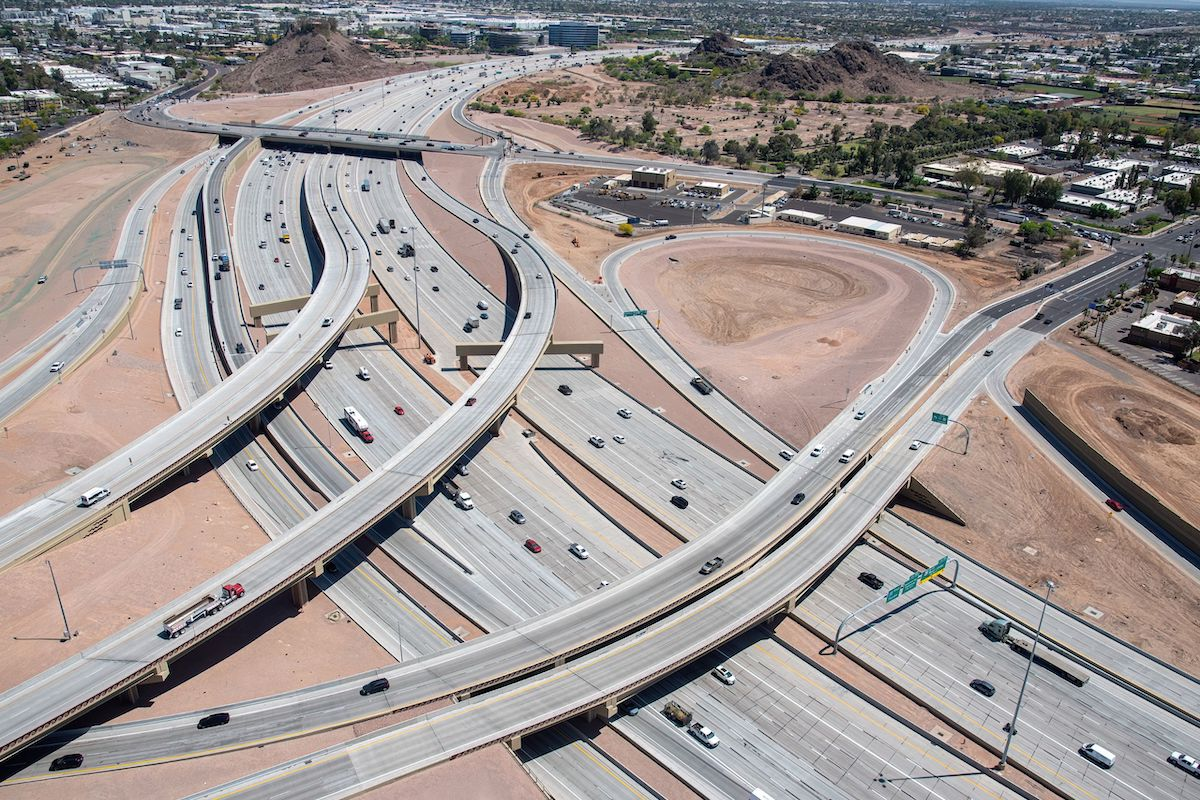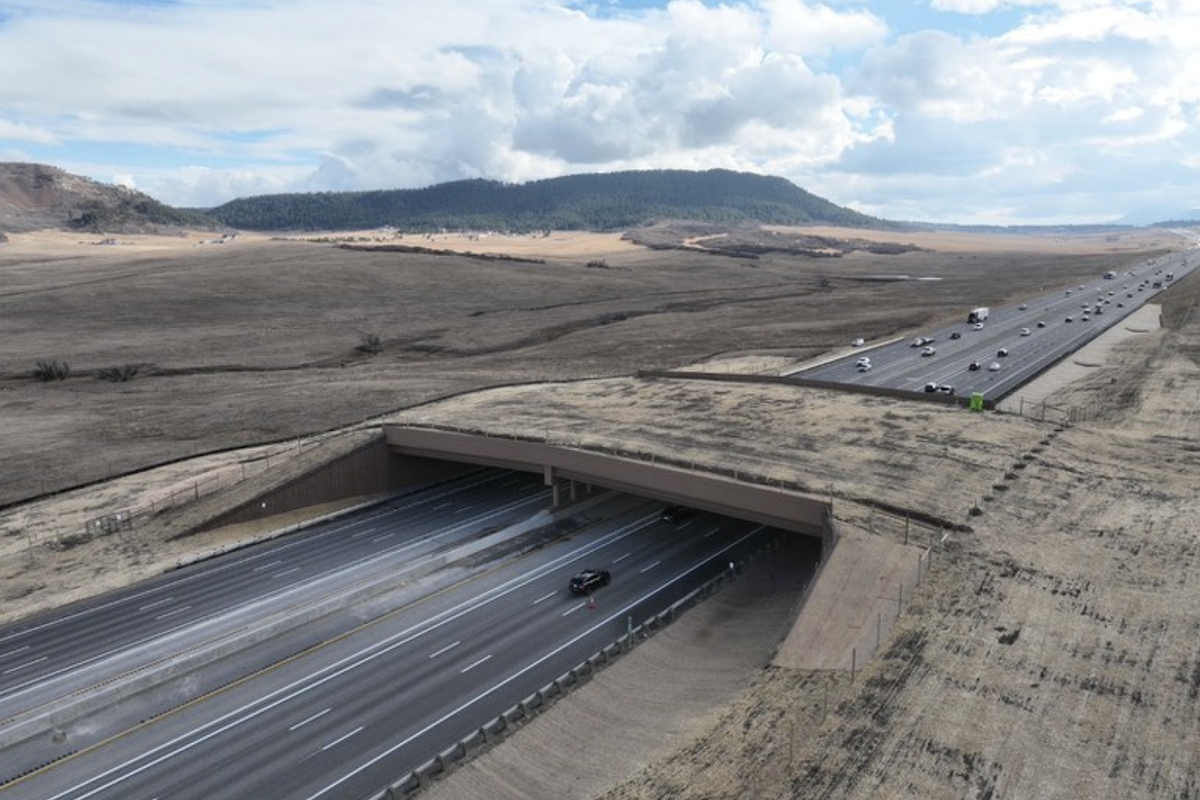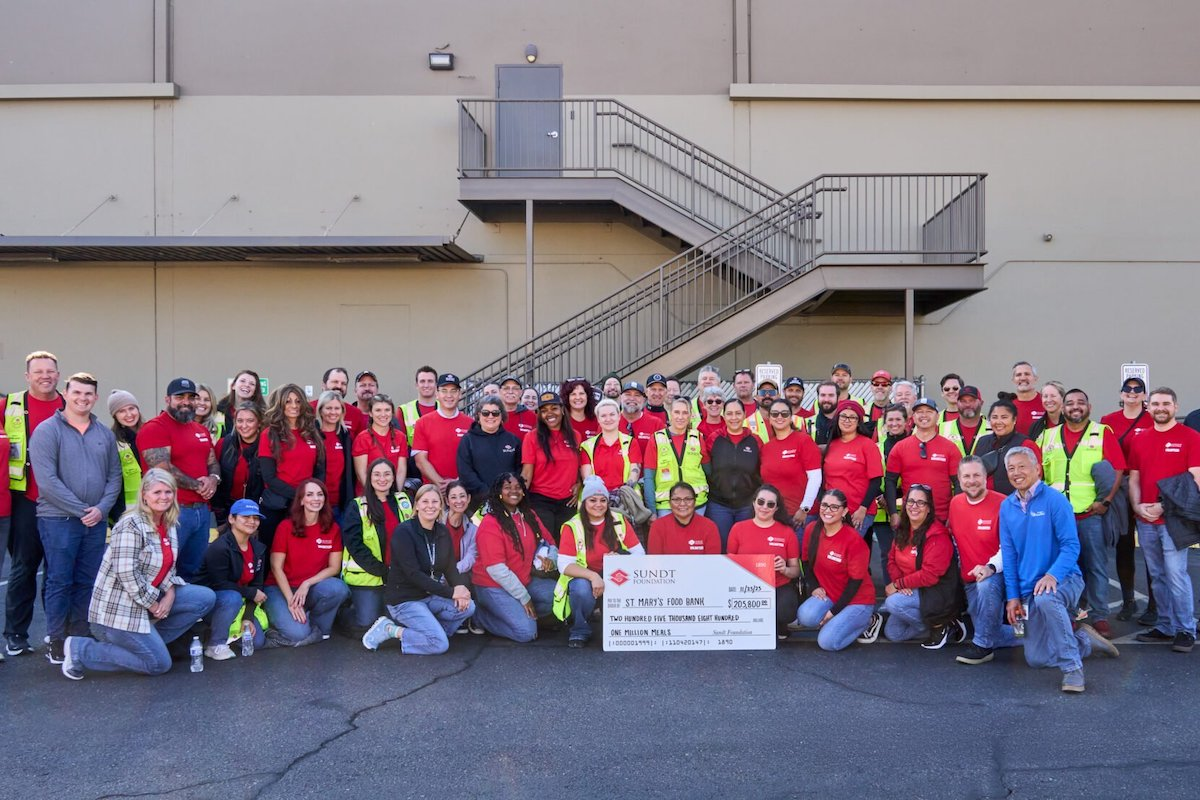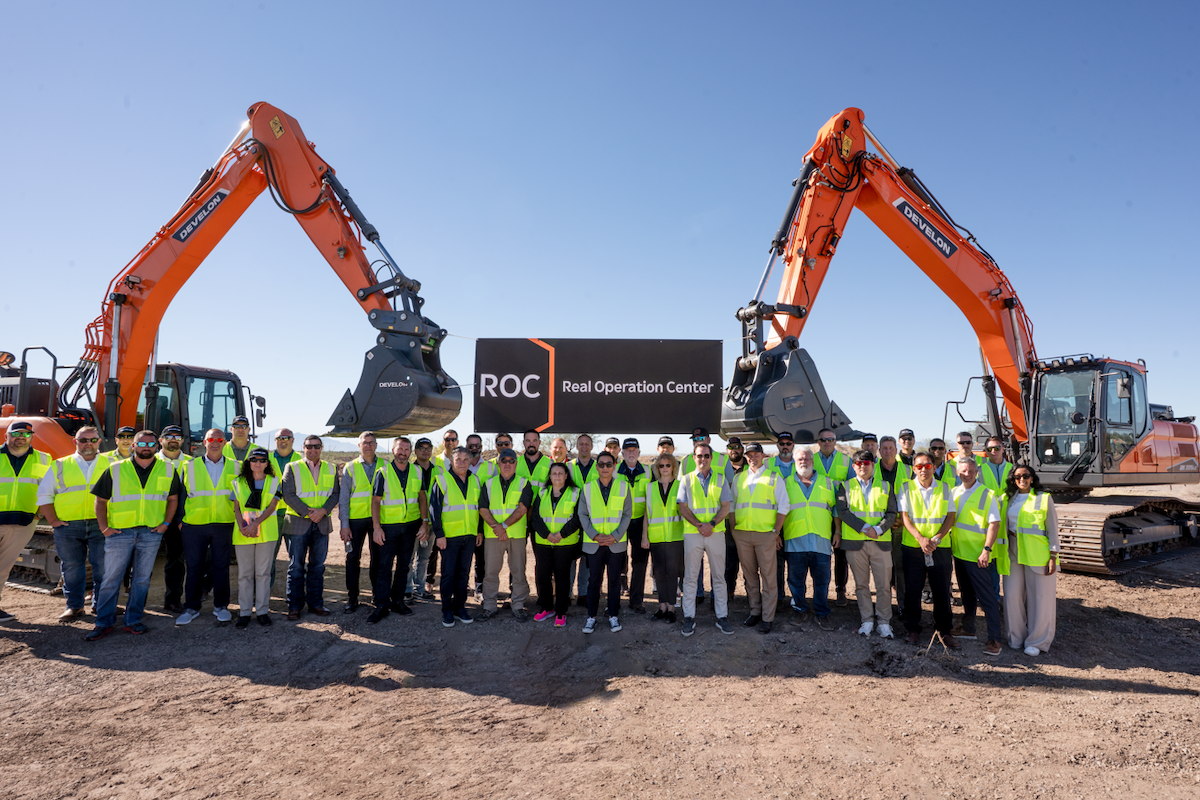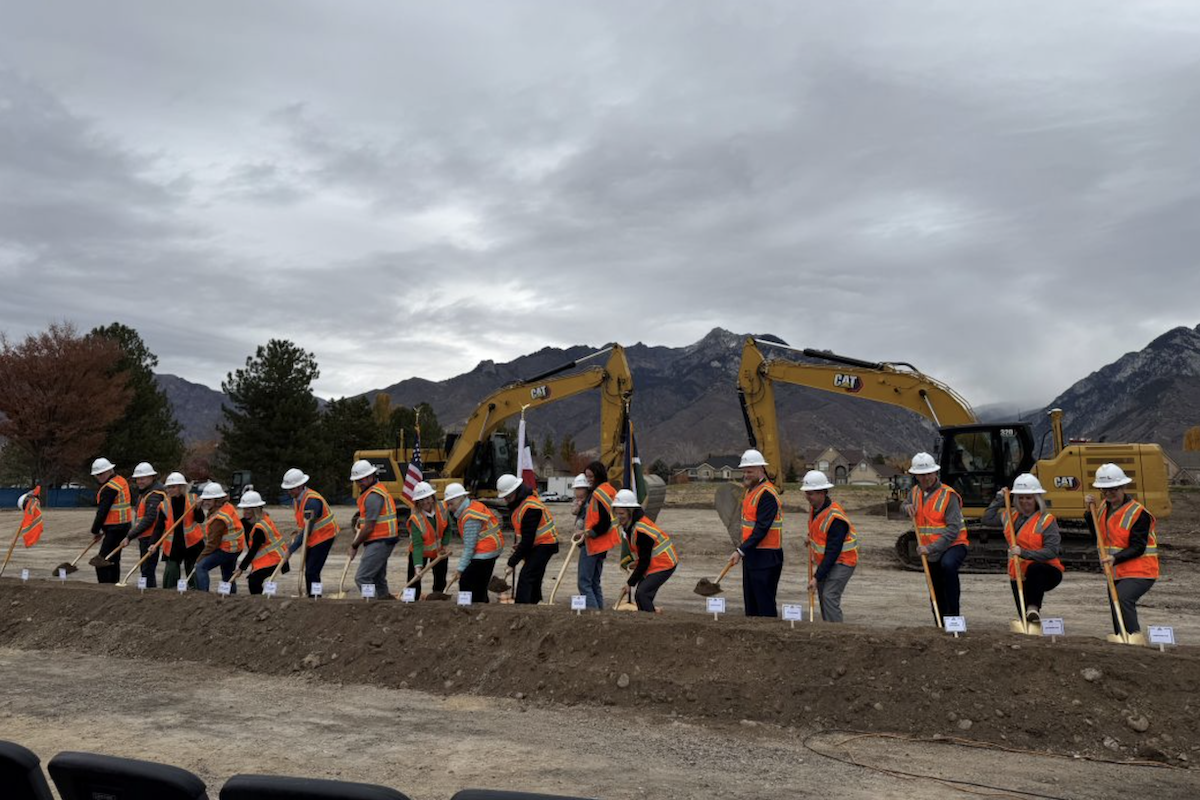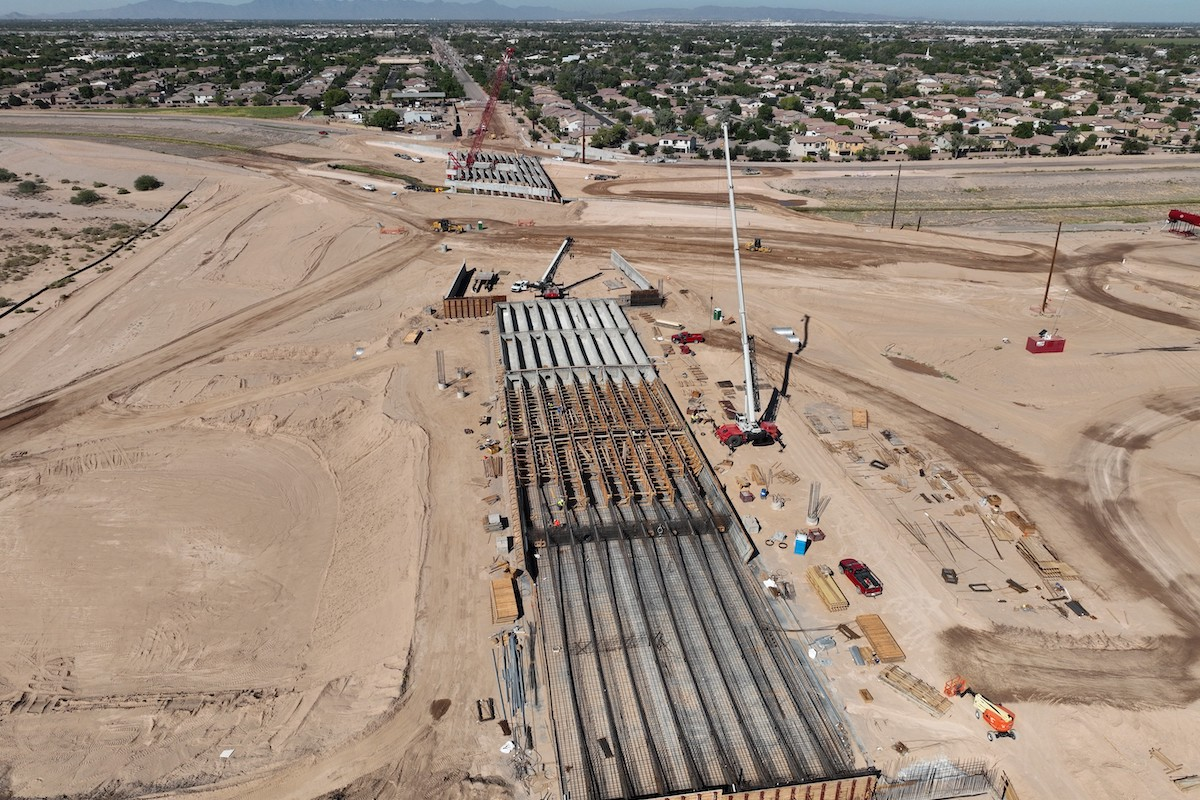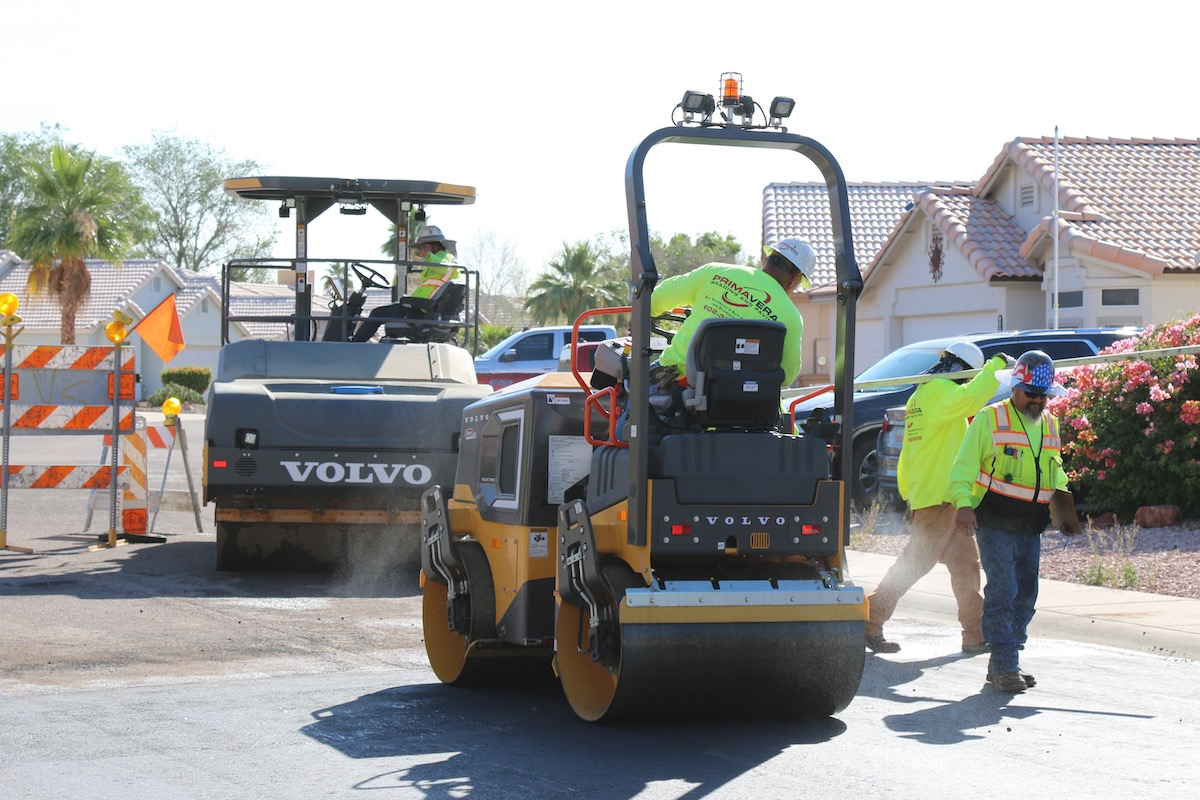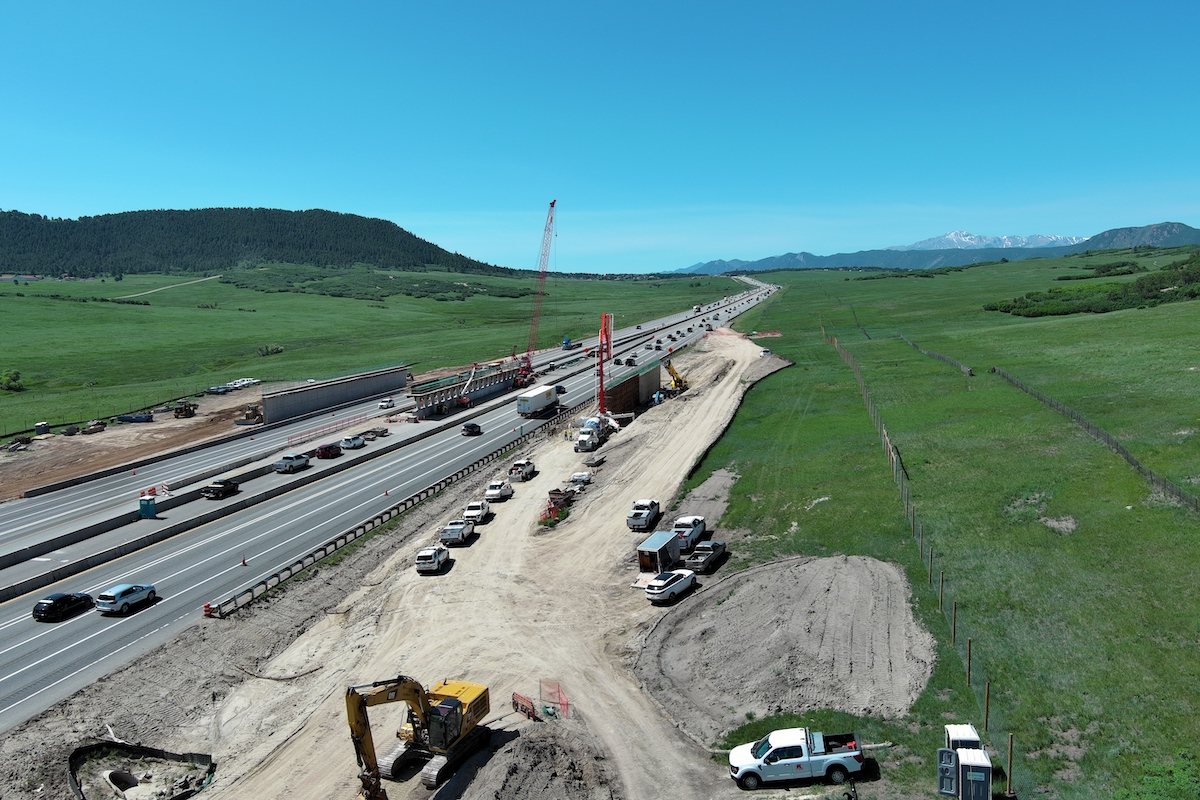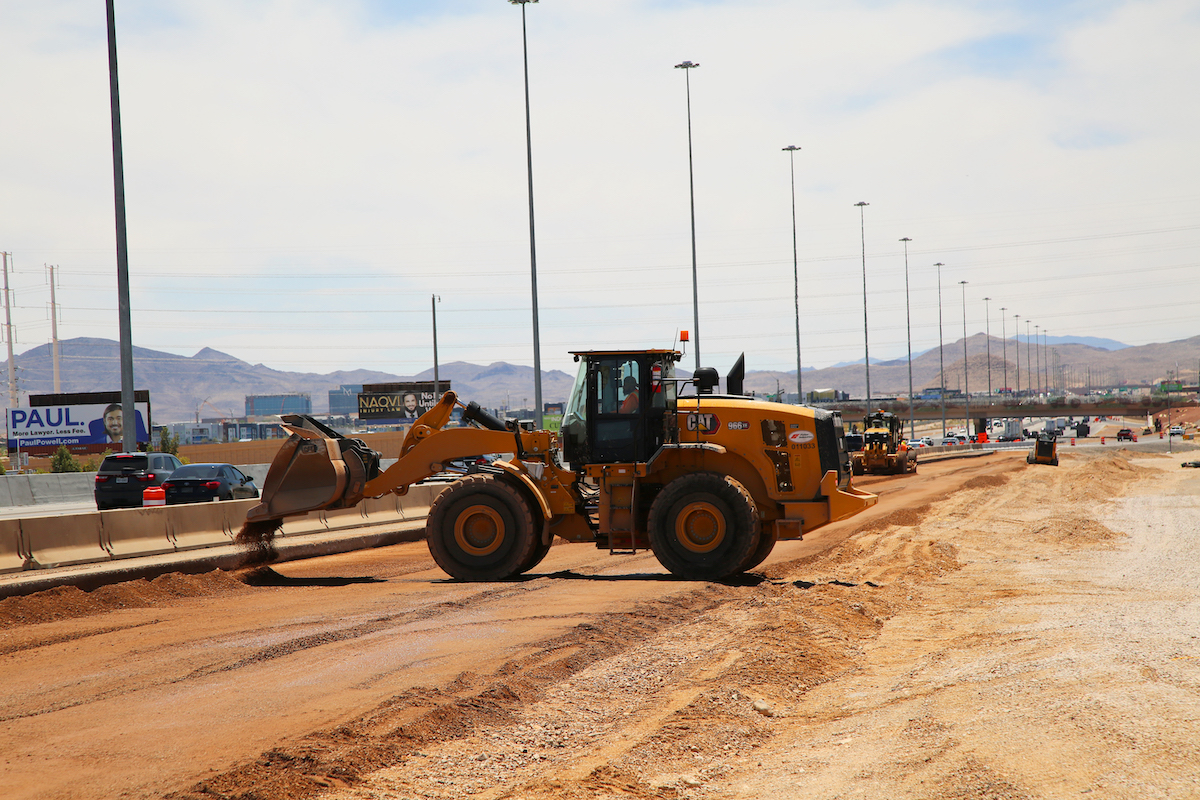DENVER, CO — The Colorado Section of the American Society of Civil Engineers (ASCE) releases the 2025 Report Card for Colorado's Infrastructure, assigning 14 categories of infrastructure across the state a cumulative C- grade. This is the same grade the committee issued in its 2020 report card and is one step below the national infrastructure grade of C from ASCE’s 2025 Report Card for America’s Infrastructure.
Colorado decision makers have invested in improving the state’s built environment, but challenges that include increasingly extreme weather events, 39 percent population growth since 2000, and aging assets have put strain on these critical networks, which contributes to the grade remaining at C-.
Two of the 14 categories (Dams and Wastewater) covered by the report card saw grade increases, while three categories (Aviation, Energy, Roads) saw their grades drop. The report card also includes a new category — Stormwater — which was not part of the 2020 report.
The grade for each category is below:
- Aviation, Dams, Rail: B-
- Bridges: C+
- Energy, Public Parks, Wastewater: C
- Drinking Water, Solid Waste, Stormwater, Transit: C-
- Roads, Levees, Schools: D+
“The dedicated team of engineers who worked on this report care deeply about maintaining and improving the infrastructure systems responsible for keeping our heat on in the winter and cool air in the summer, our roads safe and efficient, and our water systems clear of harmful substances,” said T. Deniz Uludag, Ph.D., Chair, 2025 Report Card for Colorado’s Infrastructure. “Our report finds that state leadership, agencies, and the private sector are working admirably to keep these systems in good standing, but we are up against mounting external stressors and must double down on these efforts to ensure Coloradoans have a built environment they can rely on.”

| Your local Bobcat dealer |
|---|
| Ditch Witch West |
| Faris Machinery |
| Ditch Witch West |
| Faris Machinery |
The state’s bridges received a C+ grade, one notch ahead of the national grade of C, as only 4.8 percent of the state’s bridges are in poor condition (compared to the national average of 6.5 percent). The state has identified more than 1,200 bridges in need of repair, costing an estimated $1.1 billion. Colorado has added funding sources such as the Bridge and Tunnel Enterprise, which collects $125 million annually collected from vehicle registrations, and it is expected to generate $500 million over the course of a decade.
Colorado’s roads decreased from a C- in 2020 to a D+ in the 2025 report. Colorado’s road network is under significant strain due to rapid population growth, aging infrastructure, and challenging mountainous terrain, with only 34 percent of roads in good condition (less than the national average of 45 percent in good condition) and drivers facing high costs from congestion and vehicle wear. Despite recent funding increases, including an additional $5.3 billion in state investments over 10 years and $3.7 billion in federal support, the state still faces a $350 million annual shortfall to maintain and improve its transportation system. The state has begun implementing electric vehicle (EV) fees, but its $57.19 EV registration fee is the lowest in the nation. Colorado has seen a spike in vehicle deaths over the last 20 years, with a 26 percent increase occurring from 2015 to 2024.
Like many states in the west, Colorado faces ongoing concerns about the stability of its water supply due to growing population and more frequent drought conditions. The state has a projected $10 billion funding gap for drinking water networks (C-) over the next decade, and a looming 740,000 acre-foot annual water shortfall by 2050. Rivers that originate in Colorado supply water to people in 19 states and Mexico. Only 40 percent of these resources stay within Colorado. The state’s water infrastructure, much of which is over 50 years old, needs to move water across complicated terrains, adding strain to these aging pipelines. Eighty percent of water lies west of the Continental Divide, while 90 percent of Colorado residents live east of the Continental Divide.
Despite these challenges, the state’s wastewater grade improved from a C- to a C due to major rehabilitation projects underway, such as Denver’s six-year pipe and manhole repair initiative, which will repair 12.5 miles of pipes and 60 manholes between 2024 and 2025. However, wastewater facilities face an estimated $6.2 billion in maintenance and modernization costs, and existing user fees are insufficient for covering these needs, particularly as harmful substances such as PFAS infiltrate water networks and are costly to remove. Weather-driven and man-made disasters, like the Marshall fire, have devastated communities and impacted infrastructure systems. The Marshall fire destroyed more than 1,000 structures and stemmed from a downed power line.

| Your local Gomaco dealer |
|---|
| Faris Machinery |
| Faris Machinery |
Energy went from a C+ in 2020 to a C in 2025, citing 20 major power outages since the last report. Utilities are investing in resilience measures and smart grid technology to prevent outages and meet growing demands, although capacity remains a concern. As of July 2023, Colorado had only 237 megawatts of energy storage capacity, leaving the grid vulnerable to supply-demand imbalances during peak periods. Colorado continues to generate about 57,000 GWh annually (average of 2020 to 2024), but the energy mix has shifted significantly. Coal-fired power plants reduced their share to 28 percent in 2024, down from over 35 percent in 2020. Renewable energy such as solar and wind accounted for 41 percent of Colorado's electricity generation in 2024, up from 27 percent in 2020.

